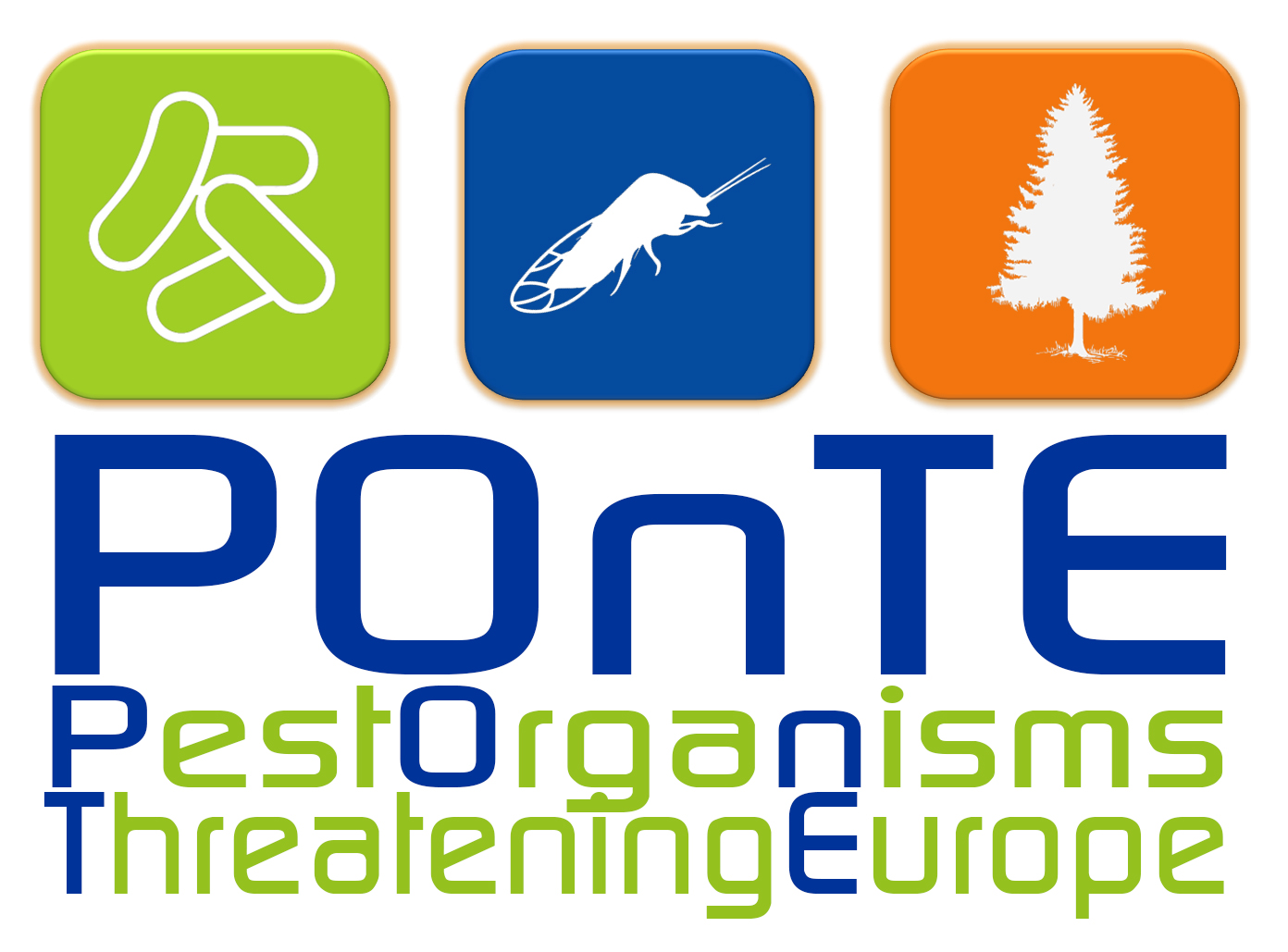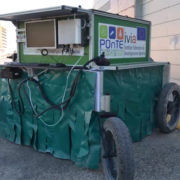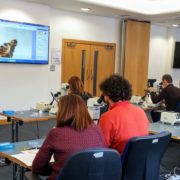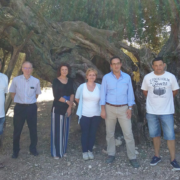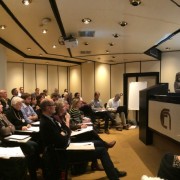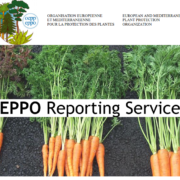IVIA researchers test new robotic systems for the early detection of ‘Candidatus Liberibacter solanacearum’
In the course of the work carried out within the POnTE WP6 “Field and automated surveillance systems for vector and disease monitoring”, coordinated by Dr. Jose Blasco, a remote-controlled agricultural robot, which is equipped with high-resolution cameras, multispectral visible and infrared cameras and cameras capable of obtaining thermal images, has been developed. The robot travels throughout the crop capturing images of all the plants.
These tests were carried out on asymptomatic carrot plants using agricultural robotics, in collaboration with the Villena Agricultural Cooperative.
The sensors used in the vehicle can measure the electromagnetic energy emitted or reflected by plants at up to 15 different wavelengths. This energy is influenced by various structural and biochemical components of plant leaves, so that healthy and diseased plants often have different characteristic spectral signatures. Analysing these differences allows detecting some of the physiological and biochemical effects that occur during the early stages of infection. To avoid the influence of sunlight and capture images in the most reliable conditions, the robot creates a shadow zone in the scene to be captured and illuminates it with halogen lamps.
The sensors installed on the robot analyze the field at a speed of one meter per second, obtaining the spectral information from the plants. The information obtained on light reflection in plants is then analyzed using statistical models previously established with data from healthy and infected plants, and compared with the results obtained by PCR-based molecular analysis. If the robot tests are positive, it will be possible to predict whether a plant is infected even if it is symptom-free and also to establish its location on a map of the crop area generated from the information obtained.
These investigations are in their early stages and so far they have focused on the development of the robot and the installation and setting of the equipment. The data obtained from the first field trials will allow new and more complex experiments to be undertaken throughout the life of the Project.
The research work, carried out within the framework of the POnTE project, benefits from the participation and cooperation of the different participating research groups from different countries inside and outside the EU, as well as from collaboration with the members of the European projects XF-ACTORS and XF-CURE, in which the IVIA also participates.
More information is available on the IVIA webpage, at this link.
